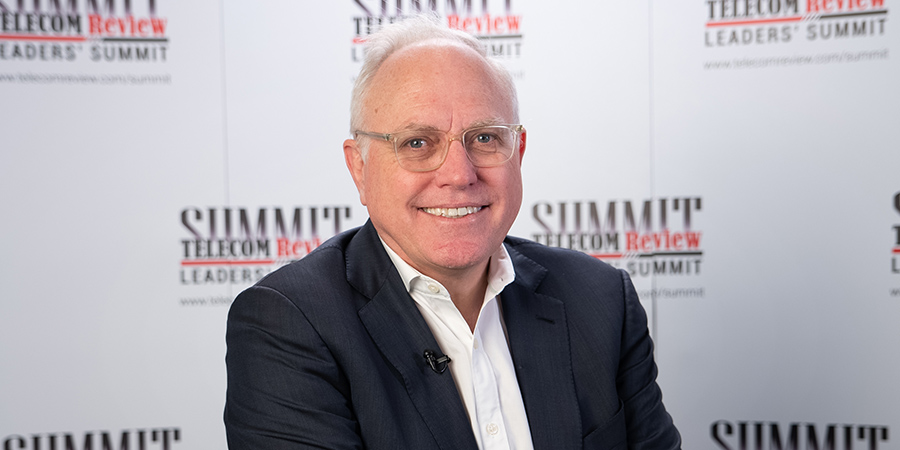In an exclusive interview with Telecom Review, Ken Campbell, Partner at PMP Strategy and experienced telecom CEO, provided insights into the TMT (Technology, Media, and Telecom) sector of the United Kingdom and Canada in 2023. Ken shared his perspective on the dominant trends shaping the industry, discussed notable transformation programs that PMP Strategy has been involved in, emphasized the significance of partnerships, and offered his thoughts on the growing importance of the TMT sector in the digital journey ahead.
Can you give a short overview outlining the dominant trends in the TMT sector of the UK and Canada in 2023?
In both the UK and Canada, the telecom sector is witnessing rapidly changing trends, while also being impacted by global economics. In the UK, the ‘wild west’ of fiber deployment, the focus has been on the build out of fiber and its commercialization as about 98 different alt-nets battle against incumbent Openreach. Many are struggling to achieve business plans, leading to a noticeable trend towards consolidation in the industry.
In Canada, the emergence of Freedom Mobile, post its acquisition by Vidéotron, has sparked heightened competition in the market. Incumbent mobile service providers have countered, offering more aggressive deals than ever before, necessitating a reevaluation of cost structures and a focus on digital strategy. Despite the challenges, operators in both markets are demonstrating adaptability and responsiveness to navigate these transformational years.
Gearing towards operational success, can you describe some notable transformation programs that PMP Strategy has worked on in 2023?
Our business transformation experience has us working with operators across Europe, Africa and North America. Our programs primarily revolve around building faster, smarter and more efficiently while also improving commercialization efforts.
Operators have faced challenges in effectively deploying fibre while keeping costs under control. We have focused on transforming operations and maintenance programs, streamlining overhead costs, and enhancing commercial strategies. The outcomes have varied across operators, with many moving quickly to adapt and others struggling to keep pace. Overall, our transformation programs have emphasized cost reduction, optimization, and securing better funding for operators.
How important is it to identify and establish partnerships in the TMT sector?
Partnerships play a pivotal role as it is rare to come across operators or businesses that can thrive in isolation. Collaborations and partnerships have emerged as crucial components of success. This is evident in the alliances formed between equipment providers and operators. As a consultancy, we leverage partnerships with a range of consultants to conduct thorough evaluations of assets and identify viable business investment opportunities. The foundation of our achievements, as well as our clients', is often built upon forming strategic partnerships or acquiring integral partnerships. Recognizing that no single company possesses all the necessary competencies and skills, we understand the immense value in forging alliances for shared success.
From your perspective, how will TMT sector’s importance be further highlighted in the coming years’ digital journey?
We've seen this year that the big themes have been around AI and Open RAN, and both are growing. AI for one is expected to grow by more than 40% a year over the next decade. It will drive numerous existing and emerging use cases, demanding increased network speed, lower latency, and proximity to customers. Obviously, that encourages fiber deployment and promotes the relocation of data centers closer to customers. And with that, investments are directed towards capital that will cater to the substantial demand anticipated for an extended period. This stands out as one of the major trends we are currently observing. We also see the continued trend to delayering of operating companies as telecom operators struggle to keep pace with investments. We saw this with tower carve outs and fibre carve outs. Open RAN, including the recent announcement by AT&T also stands out as a clear effort to squeeze more from capex. These emerging trends have the potential to transform the sector and ensure increased efficiency.










